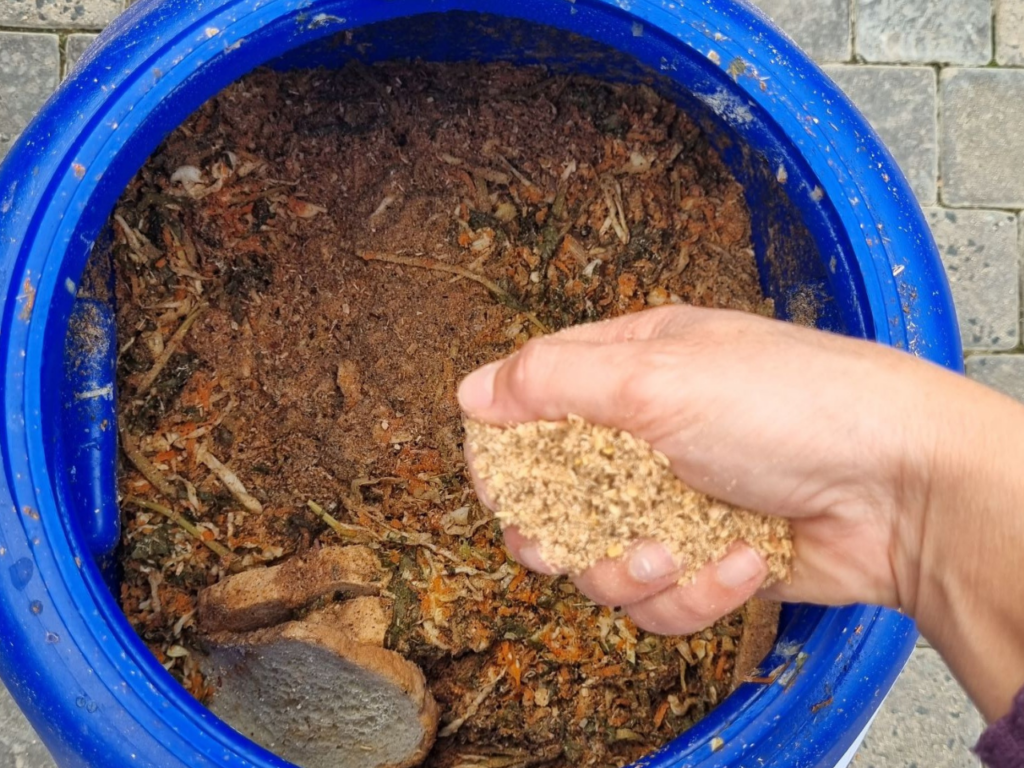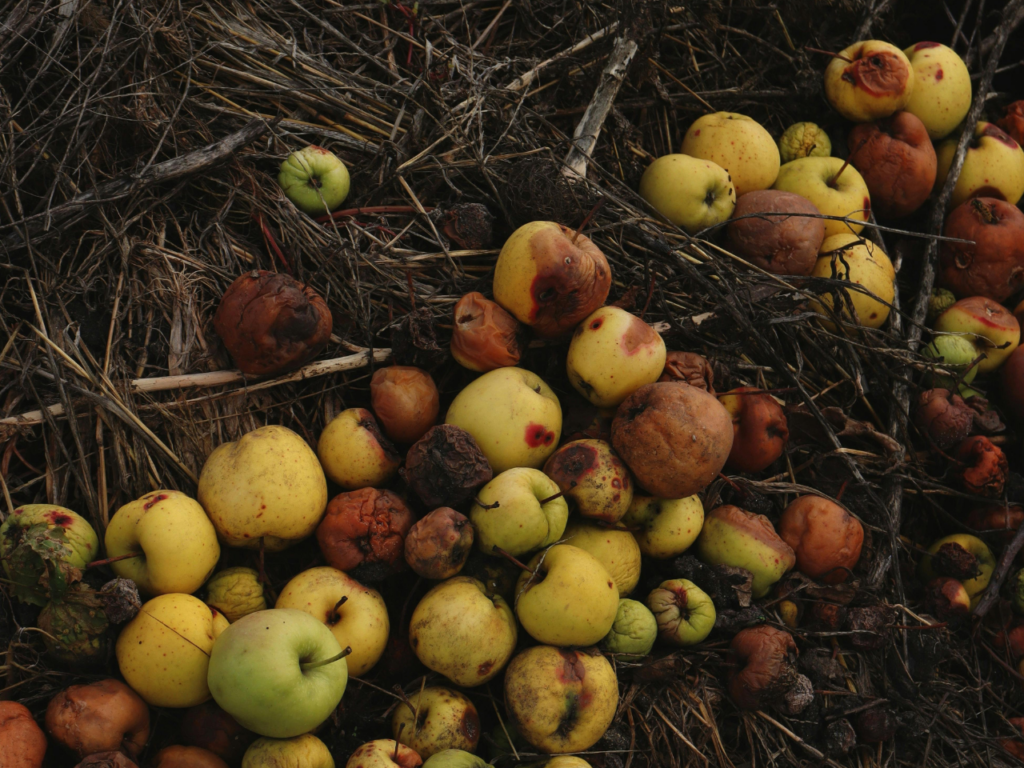As South Africa moves towards a circular economy, waste streams are being treated as a resource. There has been a considerable push towards recycling and reuse, and organic waste is an often-overlooked stream that can lead to a positive environmental and economic impact.
Emile Fourie, National Committee Chairperson of The Organics Recycling Association of South Africa, (ORASA) says that “Organic waste is a broad category that encompasses any organic, rather than synthetic, residue. This is food waste, animal and plant waste, and wastewater coming from retail, logistics, agriculture, etc.”
Historically, this organic residue was the last stream to landfill to be recognised as having obvious benefits. Fourie elaborates, “organic waste benefits the biocycle, and having organic waste end up in landfills is environmentally damaging and economically inefficient.”
Treating organic waste differently

Treated food waste can be used for compost and fertiliser, furthering the circularity of South Africa’s agricultural sector
South Africa has what Fourie calls “an archaic landfill system” that, while being looked at and changed for the better today, has led to severe environmental consequences. “The whole system is still very linear, and now there is a push towards circularity, but there wasn’t for a long time.”
Fourie identifies two key reasons for taking organic waste seriously:
- The environmental impact: Organic waste has a high leachate potential. Organic waste that ends up in South Africa’s landfills leads to leachate, and methane production, Fourie notes that methane is significantly worse than CO2 in terms of the “warming effect.”
- The social and economic impact: The waste sector contributes to stable job creation, and economic growth. Investment in the sector contributes to the circular economy as well as better environmental standards.
“Taking things and chucking them in a hole is a bad idea to begin with. Post World War II, the large increase in urbanisation, commercial agriculture, and industrialisation meant that we were producing large quantities of macronutrients that were transported to the cities, and this cost meant that the waste from this ended up in a landfill rather than completing the biocycle,” says Fourie.
“One of the first things to be diverted from landfill was metal, as it has obvious economic benefits, and only recently did organic waste get recognised the same way.”
ORASA’s website says, “organic waste needs to be in a continuous cycle of growth and decay with all its nutrients being reused as nature intended.” This guiding philosophy is at the heart of the circular economy, and while it sounds “environment only,” Fourie attests that “there is also serious economic potential in the organic waste space.”
The economic potential of organic waste

Emile Fourie, National Committee Chairperson of The Organics Recycling Association of South Africa
Within the sector there is a “waste hierarchy” that tries to divert as much waste as possible from landfill. Waste producers, especially at a large scale, are encouraged to separate at the source. This ensures that waste streams are kept apart so that each can be treated in the manner that best fits them.

For organics, “separation at source is key, and there are many companies that provide this service. From this point, it is transportation to a second materials recovery facility or screening facility, “says Fourie.
“What has happened is that during this sector’s infancy there was an emphasis on competition but now as the sector matures, we are seeing an emphasis on collaboration to ensure that this value chain is sustainable and economically viable.” Fourie explains that this means waste is not only separated into different streams, but the streams themselves are further separated – “Different feedstocks for different off-takers.”

Organic waste has six different areas of reuse, recycling, and service:
- Composting: An aerobic process with the correct balance of nitrogen and carbon, which forms a stable nutrient compost – open or in-vessel composting.
- Anaerobic Digestion: An anaerobic process in a sealed vessel to create biogas for electricity production.
- Vermicomposting: The breakdown of organic material by earthworms into nutrient-rich vermicompost.
- Black soldier flies: Processing of organic material with the grubs of the black soldier fly into feed for fish and chickens.
- Bokashi composting: Odour control for food waste in an anaerobic environment.
- Organic waste transport: Efficient and safe transport of dry and wet organic material.
Each of these areas contributes to a growing economy and stable job creation, especially considering South Africa’s turn to a more circular economy.
Fourie says, “in this sector where collaboration is key, different feedstocks get taken by different tech partners, and there is full traceability and transparency in this process. For compositing the product must be registered before being sent to market.” In Fourie’s estimation composting is the best competitor to landfills for organic waste.
Some of the products that are put onto the market from organic waste recycling are:
- Biogas
- Compost or fertiliser
- Digestates.
ORASA
Organic waste as a sector was once a disjointed and siloed space, and Fourie says, “ORASA was pivotal in getting the sector to work closer together, it represents the entire sector and is led by the people in the industry.”
ORASA started with a ‘needs assessment’ for the industry and found that the best way to grow this sector was to ban organic waste from landfill. This would open the market up for growth and circularity. As an organisation led by the industry, Fourie explains that it “never pushes individual needs, it operates for the betterment of the whole sector.”
The benefits of having this organisation as a figurehead is that it has the chance to speak directly to the government with the needs of the entire industry. Recent instances of this are the conversation around fair landfill rates and banning organic waste on landfill.
Fourie concludes, “This sector is environmentally and economically beneficial, it has the potential to create a more circular South Africa and contribute to job growth and economic stability. The sector is also poised for growth as organic waste is set to be completely banned from landfills in 2027.”









